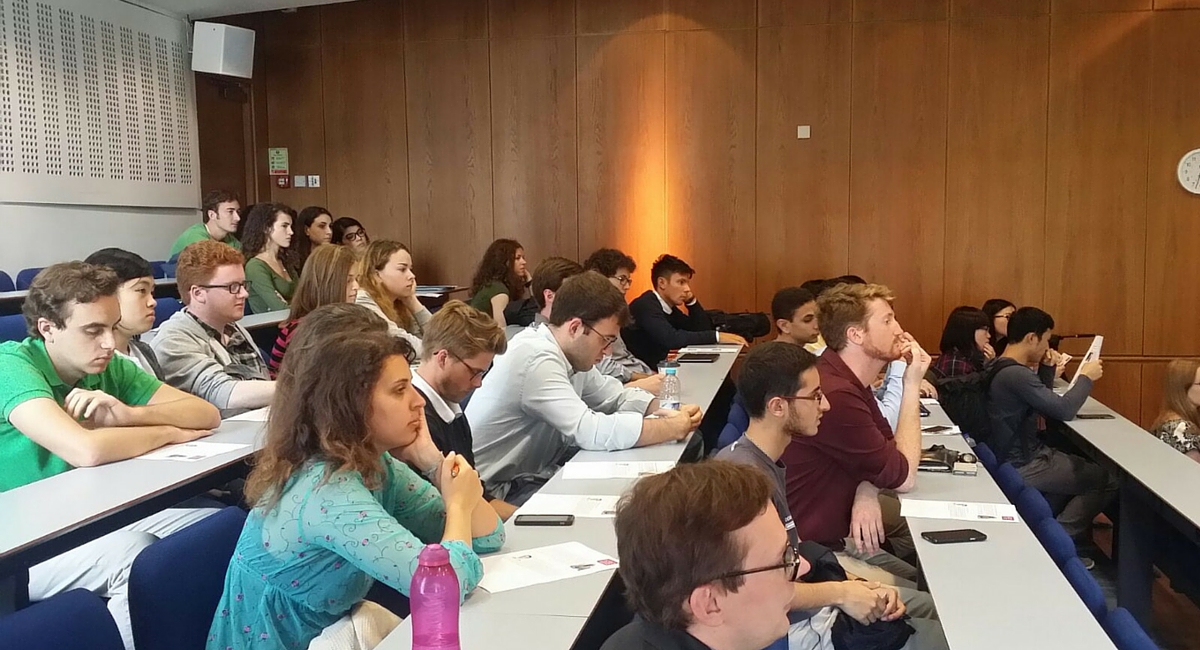 During Session One of the Undergraduate Summer School we offered, for the first time, a number of informative law career panels to some of our students. With the collaboration of the Careers and Employability service at King’s, we were able to invite a whole host of interesting professionals to speak with our students about different career paths for law students.
During Session One of the Undergraduate Summer School we offered, for the first time, a number of informative law career panels to some of our students. With the collaboration of the Careers and Employability service at King’s, we were able to invite a whole host of interesting professionals to speak with our students about different career paths for law students.
Dr Alexander Heinz, Senior Tutor for the Summer Programmes team felt that, “the career panels were much enjoyed by the students… panel members and the students had engaging conversations about career paths and were highly interested in receiving advice from representatives of a range of legal professions.”
In Session One our law students were treated to an exciting panel facilitated by Professor Alexander Türk. He is Director of Postgraduate Taught Programmes and is also Director of the Postgraduate Diploma/MA in EU Law (by Distance Learning). Additionally Professor Türk is General Editor of LexisNexis EU Tracker.
Professor Türk was joined on this panel by Dr Nigel Spencer a Global Director of Learning and Development at international law firm Reed Smith LLP and Abdullah El Maghraby a Second-Seat Trainee at Baker & Mckenzie, sitting in the Banking department. Two King’s College London Alumni also joined the panel. Jenny Galloway is an Associate in a Financial Services Litigation team and Daniel Jacobs is a Trainee Solicitor at Norton Rose Fulbright.
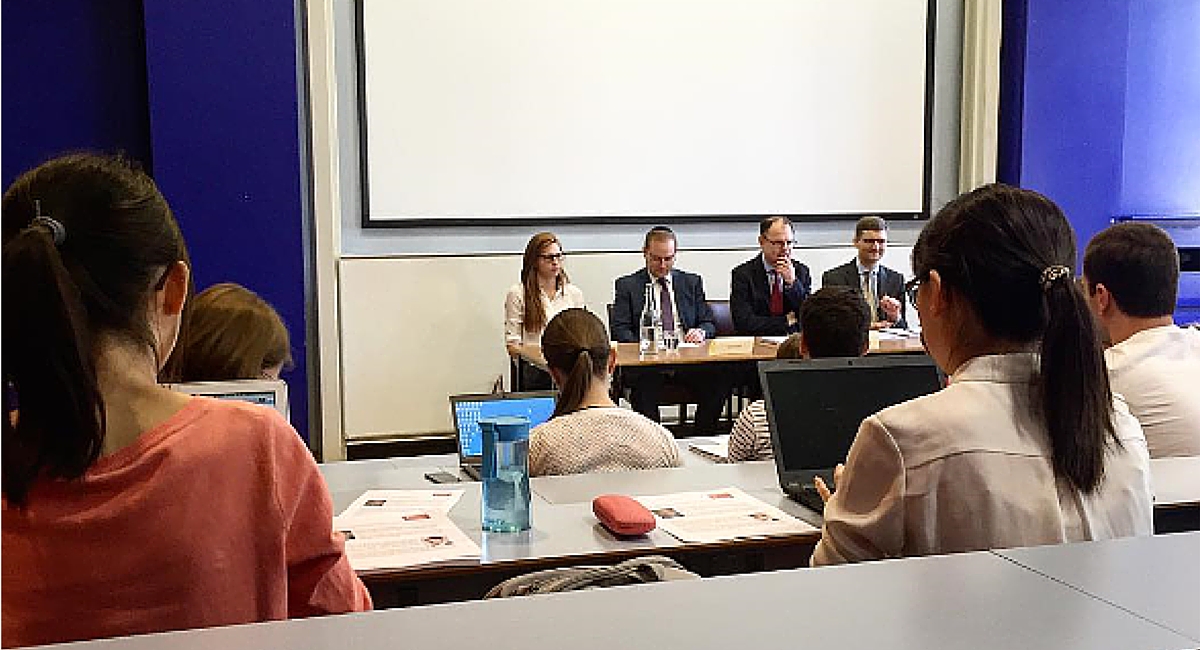
The law careers panel in Session Two was facilitated by Professor Eva Lomnicka from the King’s College London Dickson Poon School of Law. Eva Lomnicka obtained an MA and LLB from Cambridge University, qualified as a barrister and then came to King’s as a lecturer in 1975.
Professor Lomnicka was joined on the panel by Sarah Thorner, a Legal and Business Affairs Executive at Fremantle Media, who spoke about what her experience of being a lawyer in the media industry. Also on the panel was King’s alumni and Associate at Freshfields, Tom Hingley, who spoke about what it is like working in intellectual property law. Imogen Holmgren and Lucy Crittenden, both from Reed Smith, joined the law panel. Imogen is an Associate at the company and discussed her role working on private equity transactions & M&A agreements. Lucy decided that she wanted to focus her career on people development, so she’s now a graduate Recruitment Manager at Reed Smith.
These career panels were a great way for students studying EU Law, International Commercial Law and Criminology and Criminal Justice to ask professionals real career advice about their chosen fields. And if you are thinking about studying Law at King’s College London next summer please see our website.
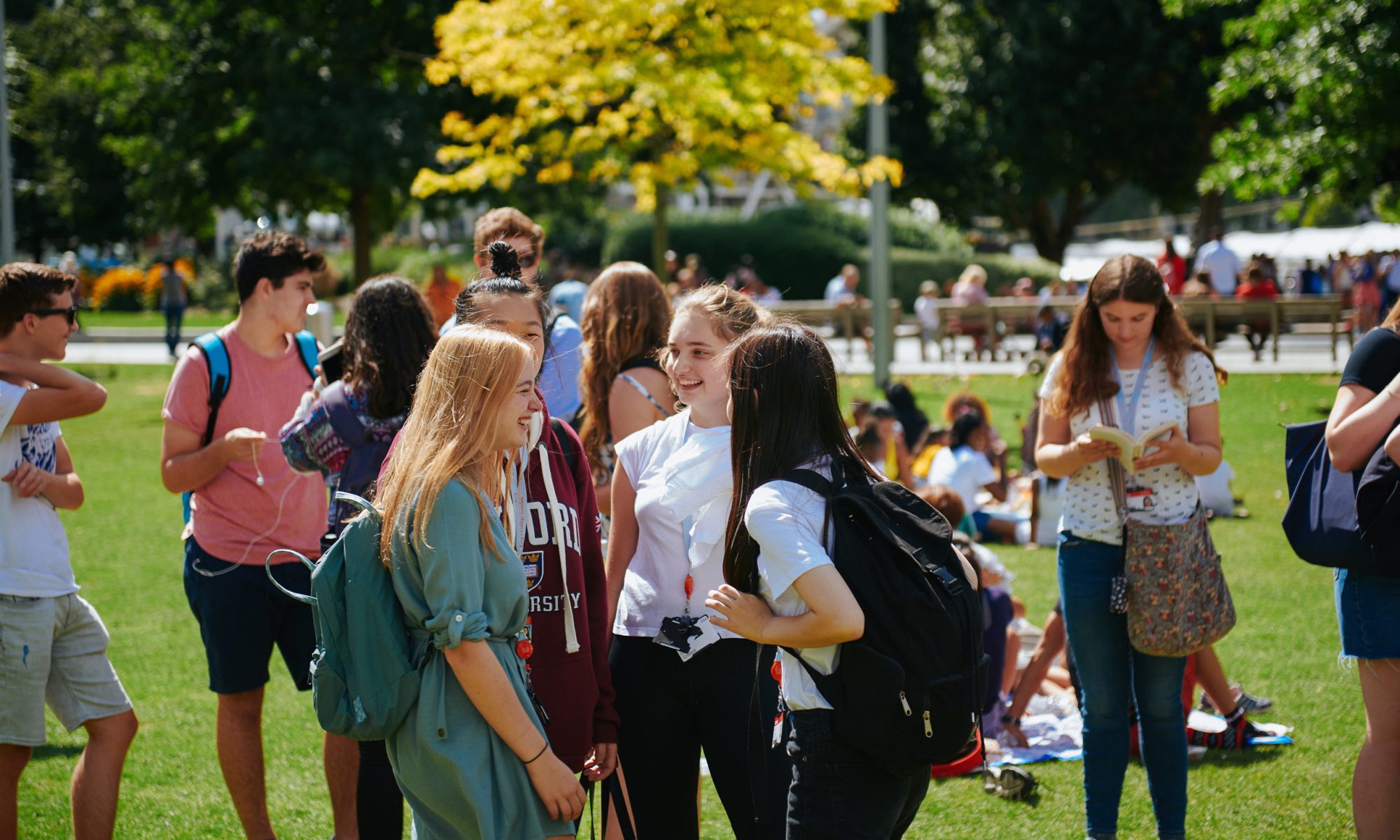
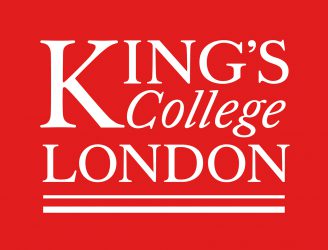
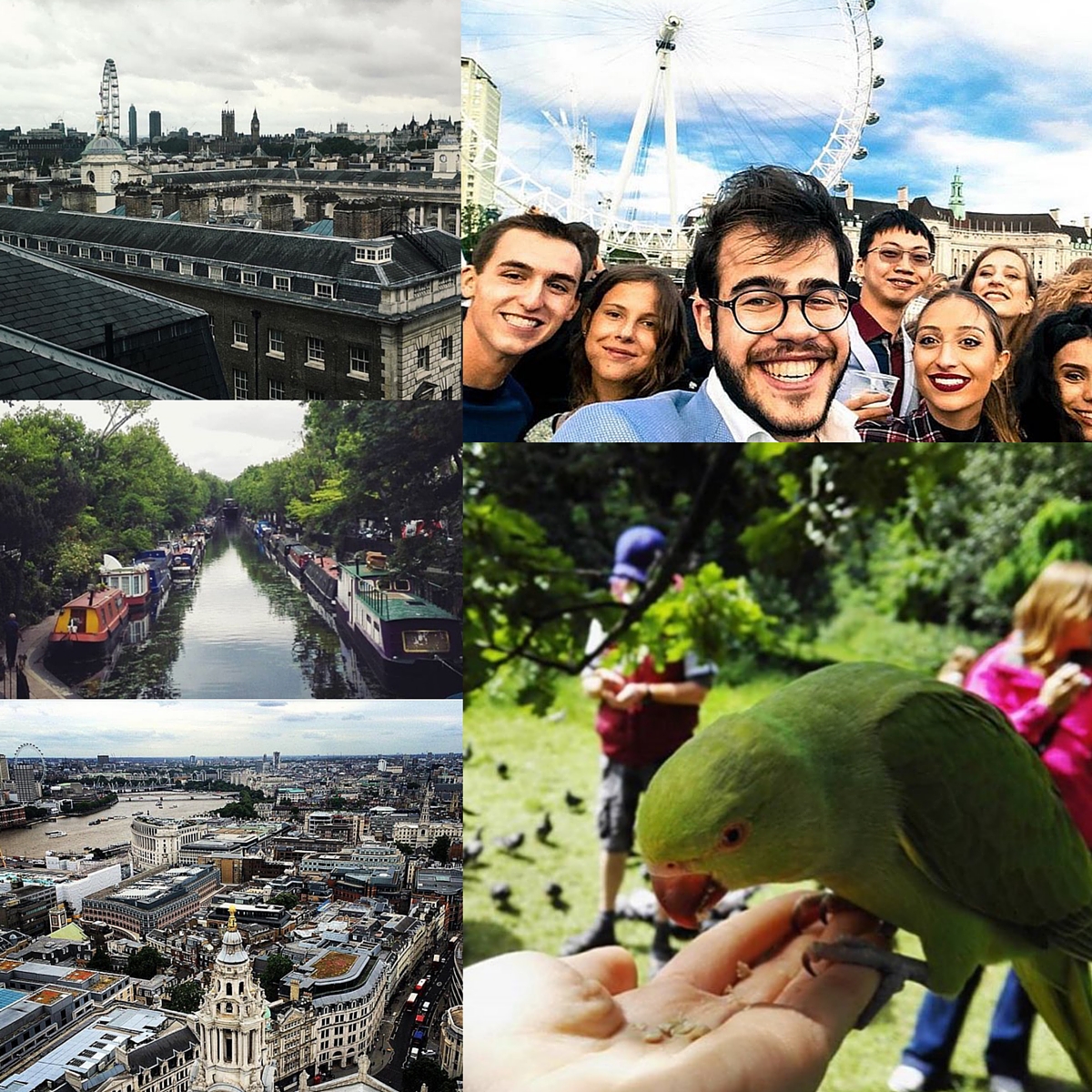
 My name is Chih-I. When I was a
My name is Chih-I. When I was a 
 The
The 